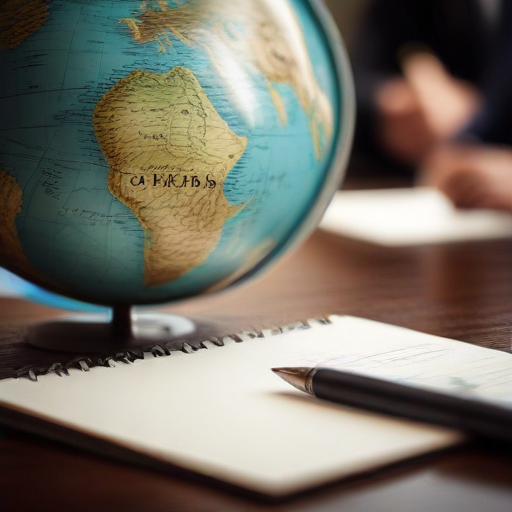Donald Trump, the president-elect, is once again making headlines with renewed calls for the United States to purchase Greenland from Denmark, echoing his previous unsuccessful attempts during his first term. This announcement coincides with the naming of his ambassador to Denmark and comes just weeks before he officially takes office on January 20.
In a statement released on Sunday, Trump emphasized the importance of owning and controlling Greenland for national security purposes, suggesting that it is essential for maintaining freedom worldwide. This move follows his recent comments regarding the potential to regain control of the Panama Canal if shipping costs continue to rise.
In addition to Greenland and Panama, Trump has been vocal about Canada, hinting at the possibility of it becoming the 51st U.S. state. He referred to Prime Minister Justin Trudeau as the “governor” of the “Great State of Canada,” stirring up reactions and concern surrounding his motives.
Political science expert Stephen Farnsworth remarked that Trump’s aggressive approach towards allied countries appears to be a continuation of his business mindset, where making unreasonable requests might yield more favorable outcomes. Greenland, the largest island globally, is largely covered by an ice sheet and hosts a significant U.S. military base. Greenland’s local government leader, Múte Bourup Egede, firmly rejected Trump’s overtures, asserting their autonomy and freedom.
Trump’s past offer to buy Greenland led to the cancellation of a 2019 visit to Denmark after it was dismissed by Danish officials. The former president’s recent statements also drew attention regarding the Panama Canal, which the United States constructed but ceded to Panama in 1999. Trump expressed feelings of being “ripped off” by the current costs imposed on shippers using the canal, suggesting that it might need to be returned to U.S. control, a claim met with pushback from the Panamanian government.
While Trump’s rhetoric sparks controversy, it is important to note that these discussions may be more strategic than literal. Analysts like Farnsworth suggest that Trump’s comments could be part of a leverage strategy, aiming to extract concessions from allied nations rather than actual territorial ambitions.
Ultimately, while Trump’s stance on Greenland and Panama can provoke strong reactions, they also highlight the intricacies of international diplomacy and the ongoing economic challenges faced in global shipping. As the political landscape evolves, world leaders may find themselves navigating conversations around trade and cooperation with an administration that enjoys employing unconventional negotiation tactics.
In summary, Trump’s renewed focus on Greenland and comments on Canada and the Panama Canal demonstrate his unorthodox approach to foreign relations. While many may view his assertions as mere bluster, they could result in unexpected negotiations and alliances in the future, ultimately fostering a climate where diplomacy might take center stage amidst economic challenges.
